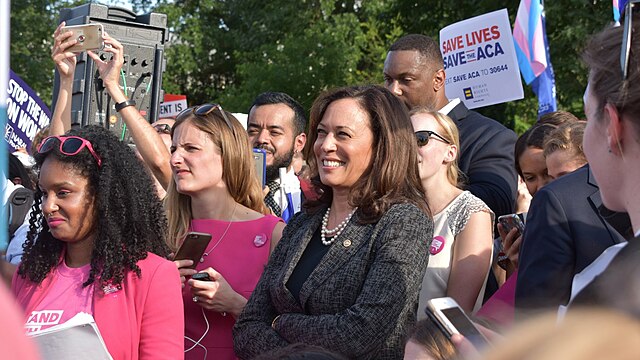Unity. This is what needs to happen in our society during Black History Month to bring our country into much needed harmony.
Since its evolution from “Negro History Week” to “Black History Month,” February is a time for ongoing reflection and action for the preservation of historical data that has molded our country.
The observance of Black History Month is not as effective as it should be. After the history of Black Americans in our country is taught through various methods in our elementary school system, the concept and value of its importance dwindles. The celebration of Black History Month is not only meaningful to African-Americans, their history and contribution to society, it is to educate and highlight how this group of individuals was crucial to the formation of the core principles of our nation.
“(February’s observance is) a time to focus and reflect in kind of a systematic way or a way that’s more public,” said Adrienne Israel, history professor and vice president for academic affairs and academic dean.
Israel also contends that the depth of Black American history is as important as its scope.
It diminishes the confidence we place on certain cultures when assumptions and stereotypical inferences become prominent barriers to unity. With the explosion of the Internet and social media, it appears prior beliefs foster negativity.
“Have everyone change how they view African-Americans, including themselves, and give them a voice back,” said senior LaCrisha Kaufman, when questioned about how we can help encourage African-Americans to take a more proactive role in society.
The civil rights movement is not the only topic that should be supported during the month of February. It is important to promote African-American contributions to the arts, science and technology, as advancements in these areas often go unrecognized.
In a similar vein, Damon Akins, associate professor of history, comments on contributing to society.
“There’s still an incredible amount of entrenched racism and white privilege that prohibits people from participating in the polity (politically organized unit) in the way they want,” said Akins.
Another part of society that has a huge influence is media, which often portrays minorities in unflattering roles.
“Things are changing, but I think our media tends to portray African-Americans in a negative light, and I think it’s something that really needs to be changed,” said junior Fiona Lloyd-Muller. “Often in TV shows or movies or media like that you see very few leading characters who are black or even of color.”
Many young people, while learning about black history in school, don’t fully appreciate the significance its impact has on our society and their future. Without this understanding, our younger generation prevents themselves from truly accepting an inclusive civilization. Is there more we can do to garner a more proactive approach to enlightening the public?
It’s time for positive and powerful leading roles, as well as positions for media executives, to be offered to more minorities.
Unfortunately, racism is part of our country’s history. Without acknowledging and addressing this evil in our community, we cannot prosper and strengthen our democracy. Putting aside racial and political motivations and targeting the significant issues we face is mandatory.
Junior Yashua Clemons states the importance of focusing on black culture this month.
“(It’s so) people know about black history, how it affects the United States as a whole and the effect it has on current black people now,” said Clemons.
Expanding the discussion of black history throughout the year could encourage a more substantial universal approach to improvement.
Dr. John Henrik Clarke, a notable African-American historian, scholar and teacher in the 20th century commented on this issue.
“History is not everything … (it is) a compass they (people) use to find themselves on the map of human geography,” said Clarke. “It tells them where they are but more importantly what they must be.”
Lessons to be learned.





